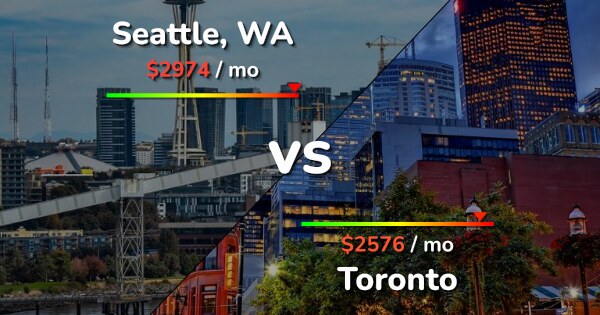Northern Light
Superstar
Critical mass anyone?
Apparently Toronto-Waterloo as a cluster will surpass the Bay Area as the largest tech. hub by employment in 2023.
Star article (paywalled)
:format(webp)/https://www.thestar.com/content/dam/therecord/business/technology/2022/12/27/toronto-waterloo-tech-workforce-expected-to-surpass-silicon-valley-in-2023/chrisalbinson.jpg)
 www.thestar.com
www.thestar.com
From the above:

Apparently Toronto-Waterloo as a cluster will surpass the Bay Area as the largest tech. hub by employment in 2023.
Star article (paywalled)
Toronto-Waterloo tech workforce expected to surpass Silicon Valley in 2023
‘We are growing 350 per cent faster than Silicon Valley,’ says Chris Albinson, chief executive officer at Communitech in Kitchener
From the above:






